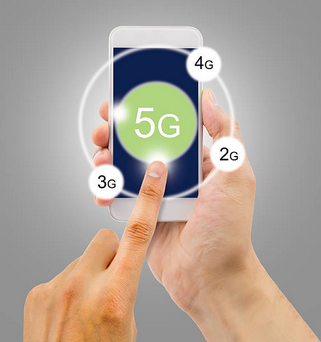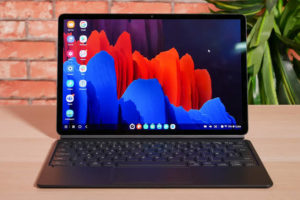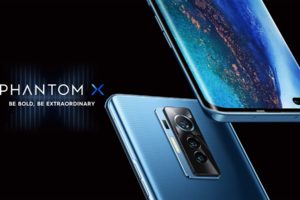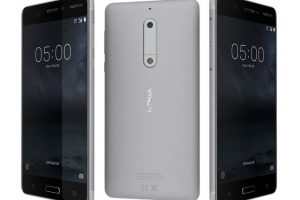Various technology gurus are seeking for a place on the 5G plot, and it appears Apple does not wish to be left behind. An application for an experimental license to use the emerging wireless technology on a project, called millimeter wave, was this week signed by the company and made public by the Federal Communications Commission (FCC).
The tests are geared to increase the speed and bandwidth of an iPhone’s cellular connection, a drive that could put the device on a higher demand. This is because 5G connectivity ensures that device latency is down, allowing devices to access more bandwidth more reliably than is currently possible with cellular networks.
“Apple intends to transmit from two fixed points located at Apple-controlled facilities in Cupertino and Milpitas, CA. These transmissions will be consistent with the parameters and equipment identified in Apple’s accompanying Form 442, and will include the use of a horn antenna with a half-power beamwidth of 20 degrees in the E-plane and H-plane and a down-tilt between 20 – 25 degrees. Apple anticipates that it will conduct its experiments for a period not to exceed 12 months,” stated the application, as revealed by Business Insider.
It specifically mentions the 28 and 39 GHz bands, which the FCC approved for commercial use for 5G applications last year. The 28 GHz is allocated for earth-to-space transmissions.
The test experiment is expected to be conducted using technology manufactured by Rohde & Schwarz, A.H. Systems, and Analog Devices. Here, Mark Neumann, a regulatory engineer is listed as its primary contact.
Apple has not been linked to any 5G research or experiments before, despite recently joining a development group on the same.
Last month saw a hardware team filled with people, including former Google employees, with experience in spacecraft and satellite design joining the company. They could have been a foundation for such a big project.
The patent comes at a time when there is a legal dispute between Apple and Qualcomm, its current supplier for wireless chips. The success of the application could see the former developing their own chips for devices.
Discover more from Dignited
Subscribe to get the latest posts sent to your email.











